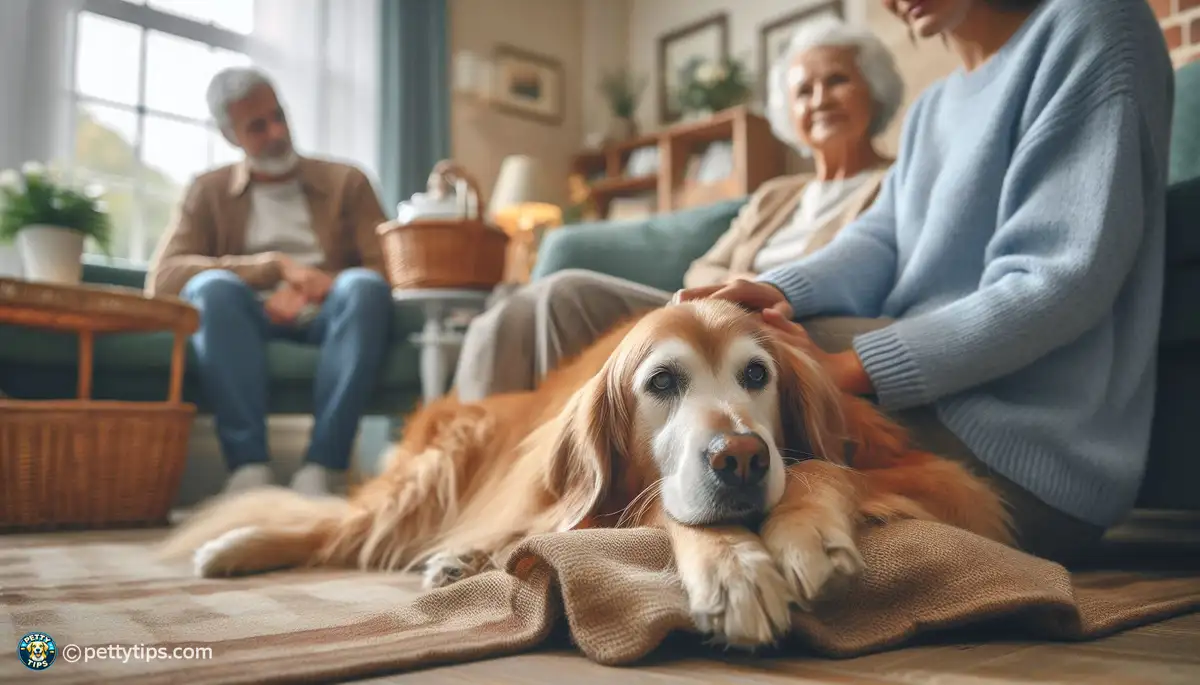
Budgeting for Training and Behavior Classes Post-Adoption
Cristina Benítez - Aug 25, 2024 - 7 min read


senior pets often get overlooked in adoption centers, but they have a wealth of love and companionship to offer. Age shouldn’t deter you; instead, consider it a badge of honor. Senior pets typically range from seven to ten years old, depending on the species and breed. This age bracket doesn’t signify the end of vitality; rather, it marks a stage where pets have settled into their personalities, making them wonderfully predictable and deeply affectionate.
Each senior pet comes with a story. They may have been surrendered by owners who could no longer care for them, or perhaps they were found as strays. Understanding their history can provide insights into their behavior and any special needs they may have. While some senior pets may come with health issues, many are in good health and just need a loving home to spend their golden years.
Regular veterinary check-ups are crucial for senior pets. Age-related health issues can creep up unexpectedly, making early detection key to effective treatment. Your veterinarian will likely recommend bi-annual check-ups, including blood work and dental exams. These visits are not just about treating ailments but also about proactive prevention to ensure your furry friend’s well-being.
As pets age, their nutritional requirements change. Senior pets may need food formulated specifically for their age group, as it typically contains fewer calories and less fat to accommodate their lower activity levels. Additionally, supplements like glucosamine and chondroitin can support joint health, while omega-3 fatty acids promote healthy skin and coat. Consulting with your veterinarian can help determine the best diet plan for your senior pet’s individual needs.
Simple modifications to your home can make it more accessible for senior pets. Consider installing ramps or steps to help them navigate furniture or stairs more easily. Soft, orthopedic bedding can provide relief for achy joints, while non-slip mats can prevent slips and falls. Keep frequently used items like food and water bowls, litter boxes, and resting spots on one level to minimize strain.
While senior pets may not have the energy they once did, they still benefit from mental stimulation and gentle exercise. interactive toys, puzzle feeders, and short walks can keep their minds sharp and their bodies moving. However, it’s essential to tailor activities to your pet’s abilities and avoid overexertion. Quality time spent together strengthens your bond and enriches their twilight years.
Adjusting to a new home can be daunting for senior pets, especially if they’ve experienced upheaval in the past. Patience and understanding are key to helping them settle in. Give them time to acclimate to their surroundings and establish trust at their own pace. Gentle encouragement and positive reinforcement go a long way in building a strong, lasting bond.
Senior pets thrive on routine and familiarity. Establishing a consistent schedule for feeding, grooming, and playtime can provide them with a sense of security. As you stick to the routine, your pet will learn to anticipate and trust in your care. This stability is especially comforting for senior pets who may have experienced instability or trauma in their previous lives.
As pet parents, it’s our responsibility to advocate for our furry friends’ well-being, even when it comes to difficult decisions. Regularly assess your senior pet’s quality of life by monitoring their appetite, mobility, and overall demeanor. Consult with your veterinarian if you notice any concerning changes or decline in their condition. Together, you can determine the best course of action to ensure your pet’s comfort and dignity.
In some cases, senior pets may require hospice or palliative care to manage pain and maintain their quality of life in their final days. This compassionate approach focuses on providing comfort and support, whether through pain management medications or in-home nursing care. While it’s never easy to say goodbye, knowing you’ve done everything possible to ease your pet’s suffering brings solace in the end.
adopting a senior pet is a rewarding journey filled with love, companionship, and gratitude. By understanding their unique needs and providing attentive care, you can make their golden years truly shine. Remember, age is just a number, and the bond you forge with your senior pet transcends time. Embrace the opportunity to give them the loving home they deserve, and you’ll be rewarded with a lifetime of memories and cherished moments.